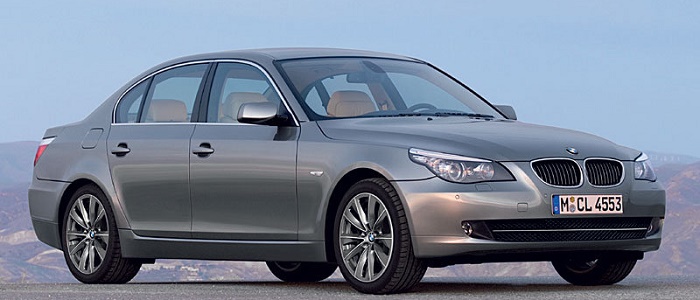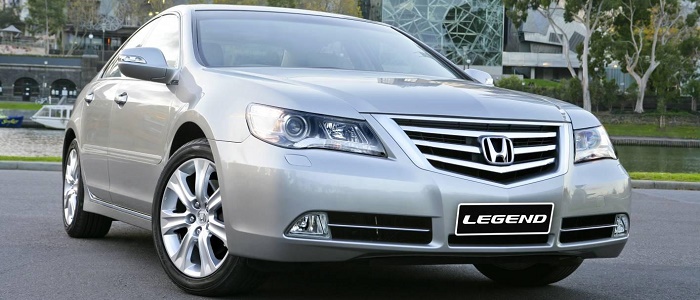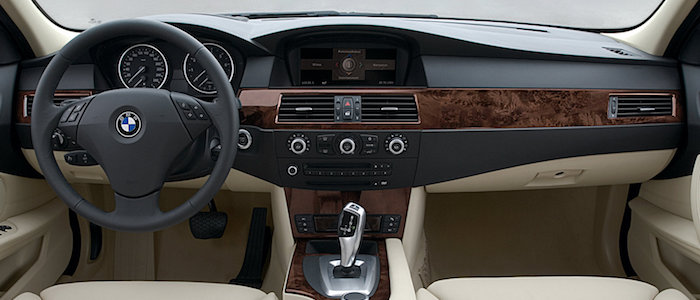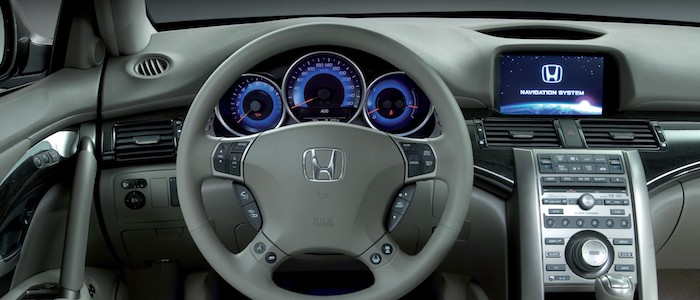Compare two cars
Compare any two cars and get our Virtual Adviser™ opinion
Marketing
Dimensons & Outlines
Engine
Performance (manual gearbox)
Performance (automatic gearbox)
Expenses
Virtual Adviser's™ opinion
Two significantly similar cars, no doubt about that. Still, each one has something different to offer. Having both cars powered by petrol engines and utilizing the 4-door sedan body style within the same 'Luxury car' segment, the only major difference here really is their wheel drive configuration (rear for the BMW and 4 x 4 in the case of the Honda). The first one has a BMW-engineered powertrain under the hood, a 10-cylinder, 40-valves 507hp unit, while the other one gets its power and torque from a 6-cylinder, 24-valves 295hp engine designed by Honda.
SafetyA starting point here would be to take a look at the results from European New Car Assessment Programme (Euro NCAP) tests which were performed on both of the cars, with the Honda being a slightly better choice apparently. Moving further on, let's take a closer look at some additional safety-related facts. Both vehicles belong to the luxury car segment, which is generally a very good thing safety-wise, still it doesn't help us solve our dilemma, does it? On the other hand, if we'd like to consider vehicle mass in this context too, which we definitely should, the Japanese car offers a marginal difference of 7% more metal.
ReliabilityReliability is not the best thing to consider on the make level, but it is worth mentioning that Honda is significantly less fault-prone, at least on all of the models level. These are the results of an independent reasearch, while our visitors describe reliability of BMW with an average rating of 4.2, and models under the Honda badge with 4.7 out of 5. Unfortunatelly, I don't have enough insight that would allow me to comment in more details on the specific models level. Above it all, drivers of cars with the same engine as the German car rank it on average as 1.0, while the one under the competitor's bonnet gets 3.0 out of 5.
Performance & Fuel economyBMW is undoubtly more agile, reaching 100km/h in 2.4 seconds less than its competitor. Still, it lacks the power to win the top speed competition, topping at 250 kilometers per hour, exactly the same as the other car does. When it comes to fuel economy an obvious choice would be the Japanese car, averaging around 11.6 liters of fuel per 100 kilometers (24 mpg), in combined cycle. That's 28% difference compared to the German car!
Verdict
Honda is apparently more reliable, not too much, but just enough. The most important thing when deciding between any two vehicles should always be safety, both passive and active. In my opinion, everything taken into account, the Japanese car offers much better overall protection, which launches it ahead of the other contender. From there things take a different direction, with BMW being considerably quicker, thus putting more smile on driver's face. It does come at a cost though, and that's the fuel consumption... All together, there's not much more to say, in this case I wouldn't even consider anything but Honda. Nevertheless, let's not forget that people have different preferences and needs, so what really counts is your personal feel. I'm only here to help. In case you have two minutes to spare I invite you to define your needs, desires and budget and see which car would be chosen by the virtual adviser™, among more than 12.000 different ones in our database.
































